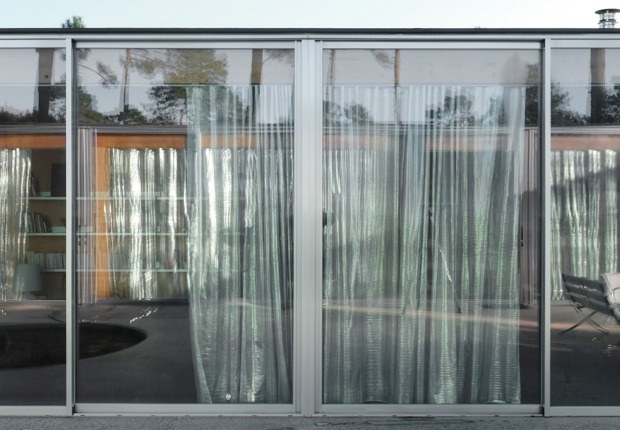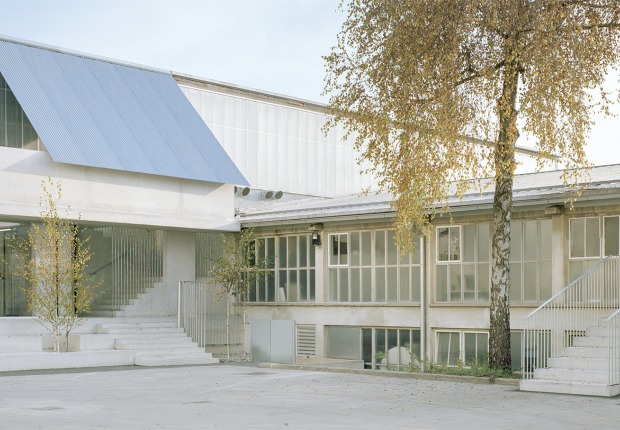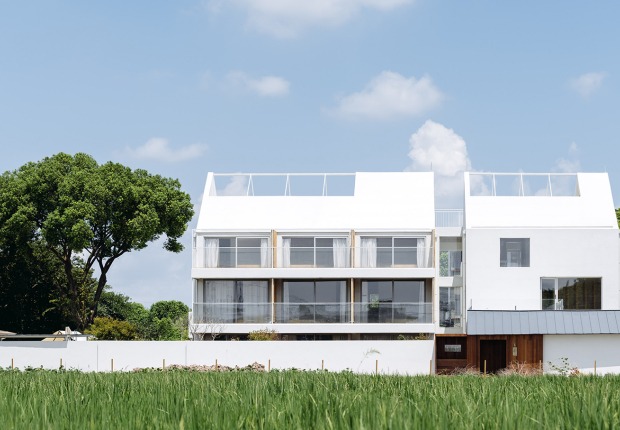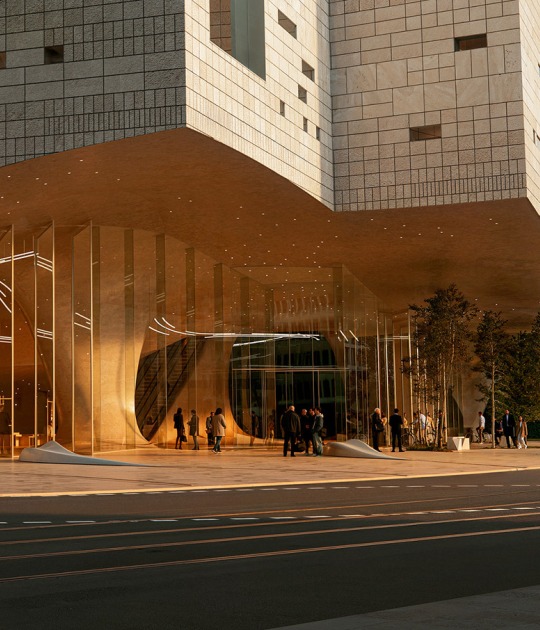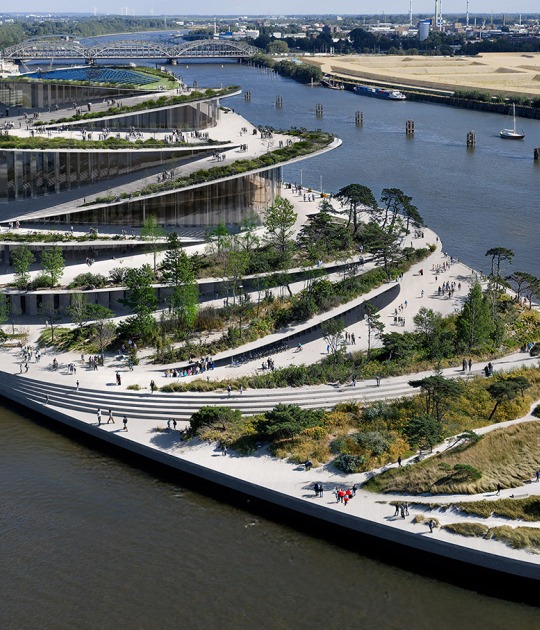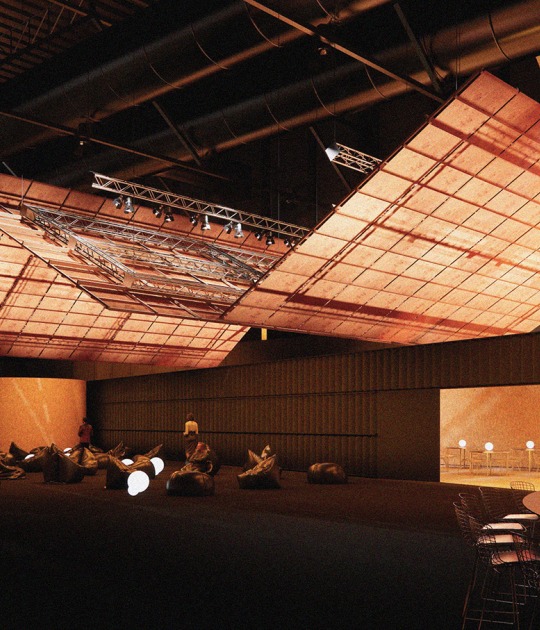Harvard University Graduate School of Design (GSD) is pleased to announce the winners of the 2017 Richard Rogers Fellowship:
Namik Mackic (Oslo)
The Return of the Group Form: A Comparative Speculation on Radical Urban Regeneration in London and Berlin
Maik Novotny (Vienna)
The State of the Estate: A Tale of Two Cities
Jose Castillo (Mexico City)
On Food, Cooking, and the City: Learning From London
Saidee Springall (Mexico City)
London and the Challenges of Affordable Housing
Shantel Blakely (Cambridge)
Pattern Informed by Sensibility: Herbert Read on Art and Design
Dirk van den Heuvel (Amsterdam)
Socio-Plastics: Resituating New Brutalism and the British Welfare State
The Richard Rogers Fellowship is a new residency program hosted at the Wimbledon House, the landmarked residence designed by acclaimed architect Lord Richard Rogers for his parents in the late 1960s. Lord Richard and Lady Ruth Rogers generously gifted the house to Harvard GSD to create the program, an international platform that will bring together experts and practitioners from a broad range of disciplines and whose work is focused on the built environment and its capacity to advance the quality of human life. In Fall 2016, Harvard GSD issued a call for applications for the program’s first year of three-month residencies.
The inaugural class of fellows—who hail from Austria, Mexico, the Netherlands, Norway, and the United States—were selected from more than 200 applicants from around the world. “The spirit of the Fellowship is intended to carry forward and expand on Lord Rogers’ deep commitment to cities not as ends in themselves, but as a fundamental means of bettering human life,” said Mohsen Mostafavi, Dean and Alexander and Victoria Wiley Professor of Design at Harvard GSD. “At the GSD, our work is organized around the urgent issues cities are facing globally, a pedagogical approach requiring exploration and collaboration across disciplinary lines. We are very fortunate and excited about this opportunity to support, learn from, and promote cross-disciplinary research internationally, in the context of London’s thriving architecture, design, and art communities and vast institutional resources.”
The Richard Rogers Fellowship activates Rogers’s historic Wimbledon House as a site of collaborative investigation for researchers and practitioners into topics that have been central to Rogers’ life and career, including questions of urbanism, sustainability, and how people use cities. Projects that the six inaugural fellows will bring to the house this year include examinations of public and affordable housing; how food and cooking transform cities; and citizen-driven urban regeneration initiatives.
The 2017 Fellowship Selection Committee comprises: Richard Burdett, Professor of Urban Studies at London School of Economics and director of LSE’s Cities and the Urban Age program; Ivan Harbour, architect and senior partner at Rogers Stirk Harbour + Partners; K. Michael Hays, Eliot Noyes Professor of Architectural Theory, Associate Dean for Academic Affairs, Interim Chair of the Department of Architecture at Harvard GSD; Hanif Kara, Professor in Practice of Architectural Technology at Harvard GSD; Mohsen Mostafavi, Dean and Alexander and Victoria Wiley Professor of Design at Harvard GSD; Farshid Moussavi, Professor in Practice of Architecture at Harvard GSD; Patricia Roberts, Executive Dean at Harvard GSD; and Lord Richard Rogers. (Full juror biographies appear on the website RichardRogersFellowship.org.)



